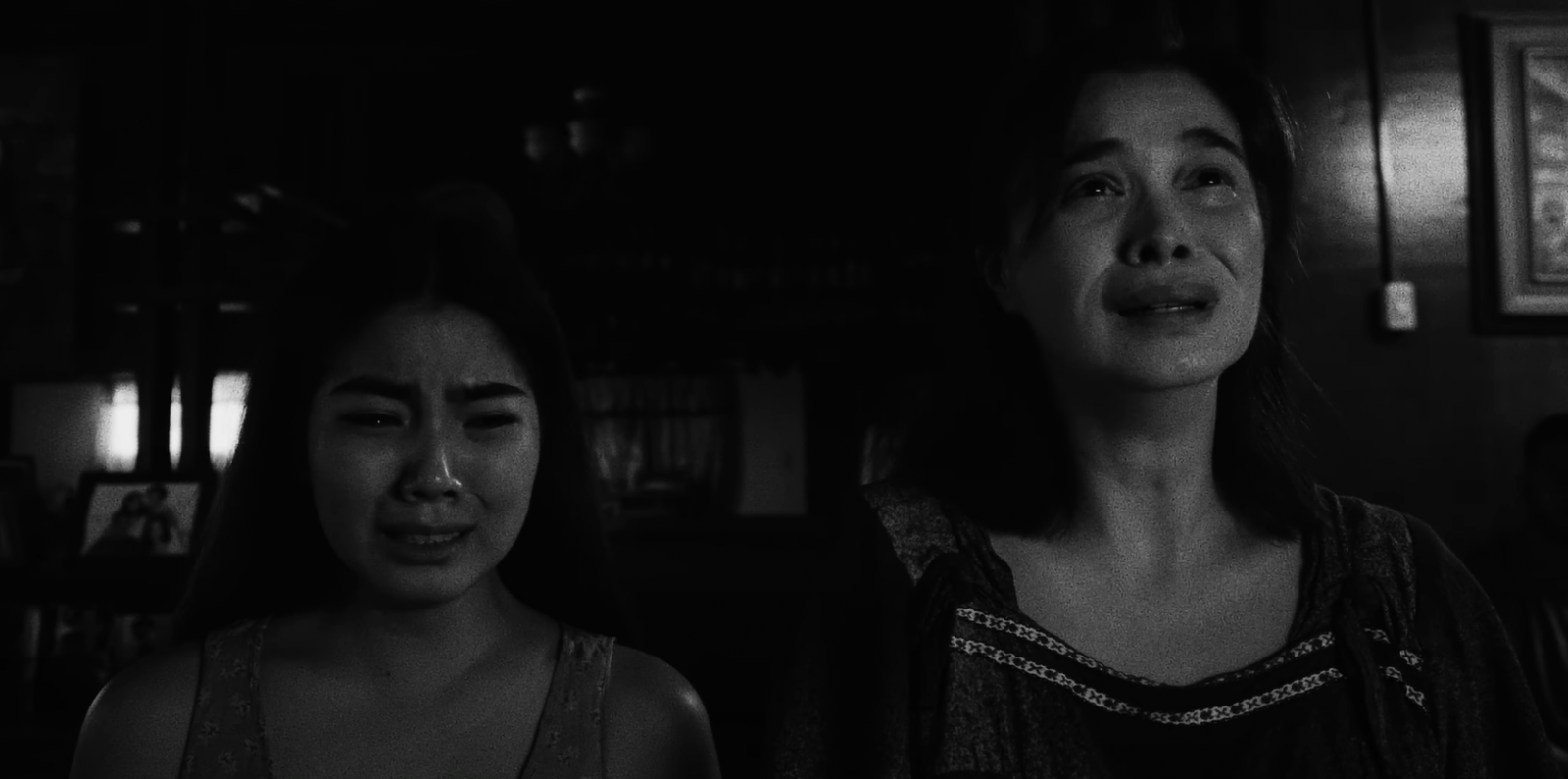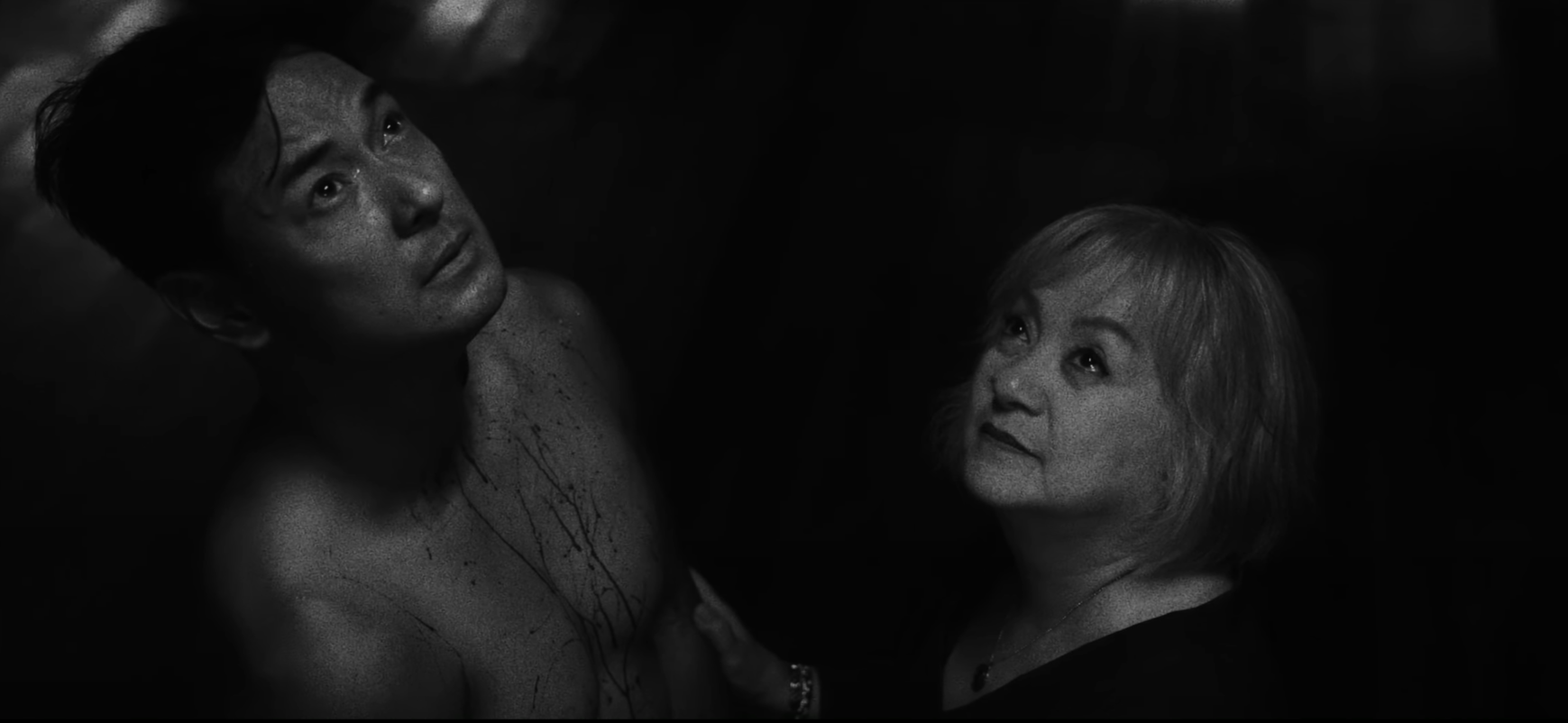Women’s emancipation, breaking generational curses examined in ‘Guardia de Honor’

Indie filmmaker Jay Altarejos is organizing a limited release for “Guardia de Honor” in the Philippines “to provide our fellow Filipinos with the opportunity to experience the film that resonated with Russian cineastes and was enjoyed by our compatriots in Russia,” he said.
The tragic drama, starring Laurice Guillen, Sunshine Cruz and Therese Malvar, had its world premiere at the 2024 Moscow International Film Festival in Russia, which ran from April 19 to 26. It is all about “the emancipation of womanhood,” according to Altarejos, who also wrote and edited it.
Altarejos said there were some questions during the film’s Q&A session in Moscow that he found interesting. “First, they inquired about the choice of black and white for the film,” he told Inquirer Entertainment. “The decision to present the film in black and white was driven by a desire to distill it to its essence, free from the potential distractions of color.
“Additionally, it pays homage to the rich history of cinema, which originated in black and white. In a contemporary context, amid the advancements in filmmaking, it’s poignant to recall the timeless sentiment: ‘My life is cinema, black-and-white cinema.’”
Altarejos recalled that there was also a question on the inclusion of a clip featuring the presidential inauguration of Ferdinand Marcos Jr. He explained, “The film depicts women overcoming patriarchy and misogyny, yet it also underscores the enduring influence of patriarchy within our society. This is evidenced by our collective history of oppression, reflected in the election of leaders like [Rodrigo] Duterte, emblematic of misogyny and patriarchy, and now Marcos Jr., son of a former dictator.”“Guardia de Honor” is based on the story of an off duty policeman who shot dead at point-blank range his elderly female neighbor and her son in Paniqui, Tarlac, in 2020. “We’re organizing a limited release in the Philippines,” said Altarejos.
The film is set on the eve of the presidential inauguration, when the seemingly happy life of a middle class family is shattered after police officer Eddie Boy (Allen Dizon) gets arrested for killing the mother and her son.
Altarejos considers his own mother the most influential woman in his life, even though he had a conflicted relationship with her. “Even now that she’s gone, I’m still grappling with the memories—whether they were pleasant or not—but as I get older, the more I appreciate women and mothers. How are you able to manage? You conceive, go through those nine difficult months, raise your child and take all these in.
“I remember how she would react whenever I ended painful relationships. I was already an adult, so I resented her for that. But I guess a mother never ceases to be one, no matter how old her child becomes.
‘Strength and bravery’
“‘Guardia de Honor’ tells the stories of our women, because I’m always moved by their strength and bravery. I still remember the songs she sang to us, her wanderlust. She wasn’t meant to be in that place (Ticao Island in Masbate), and so she came to Manila and brought us with her. I also saw her independence. She was widowed at 46 and she had four kids to raise. She never left us, even if this meant defying our grandmother.”

Therese who plays Marie, Eddie Boy’s timid daughter and granddaughter of Laurice’s character Mamang Anita, had this to say when asked what lesson she wanted the audience to learn from her character. “There is hope even in the darkest situation, as long as you stick with each other and help one another. Also, try as hard as you can to break that generational curse. Just like in the movie, what happens within the family in real life sometimes becomes a vicious cycle. Be brave enough to break it.”
Sunshine’s character, Minda (Marie’s aunt), lacks self-confidence and is afraid of Mamang. “Have courage, speak up. You can’t just keep hiding what you feel,” Sunshine stressed. “It’s hard to sleep at night if you’re carrying a heavy emotional baggage. That’s what I always say even to my own daughters. ‘Let’s talk about it. We will all help in trying to fix it.’ That’s what I want to teach our audience. Communicating with family is very important.”
Laurice agreed with Therese about being brave enough to break the generational curse. “Anita herself is just like Minda and Marie because she kept it all to herself,” she pointed out. “You have to respect yourself, as well. If you don’t because of fear, or because you seek approval, you might lose yourself in the process. The most important thing you should ask yourself is, ‘Who am i really?’ If you cannot answer that, then you’re in trouble.” INQ
















